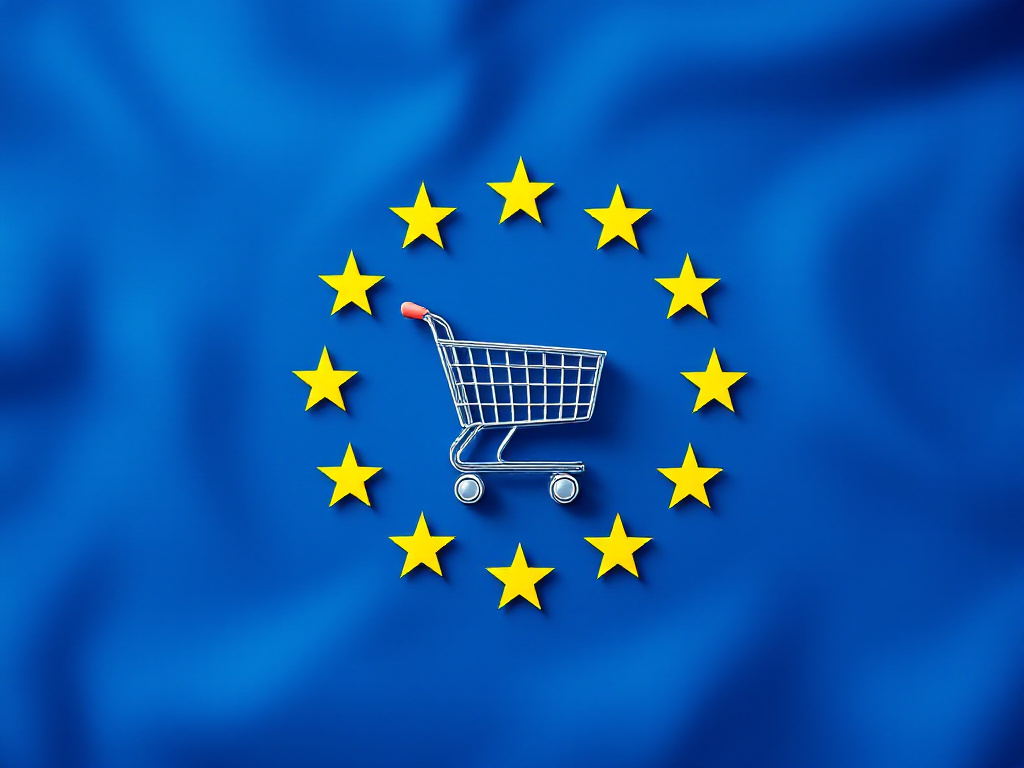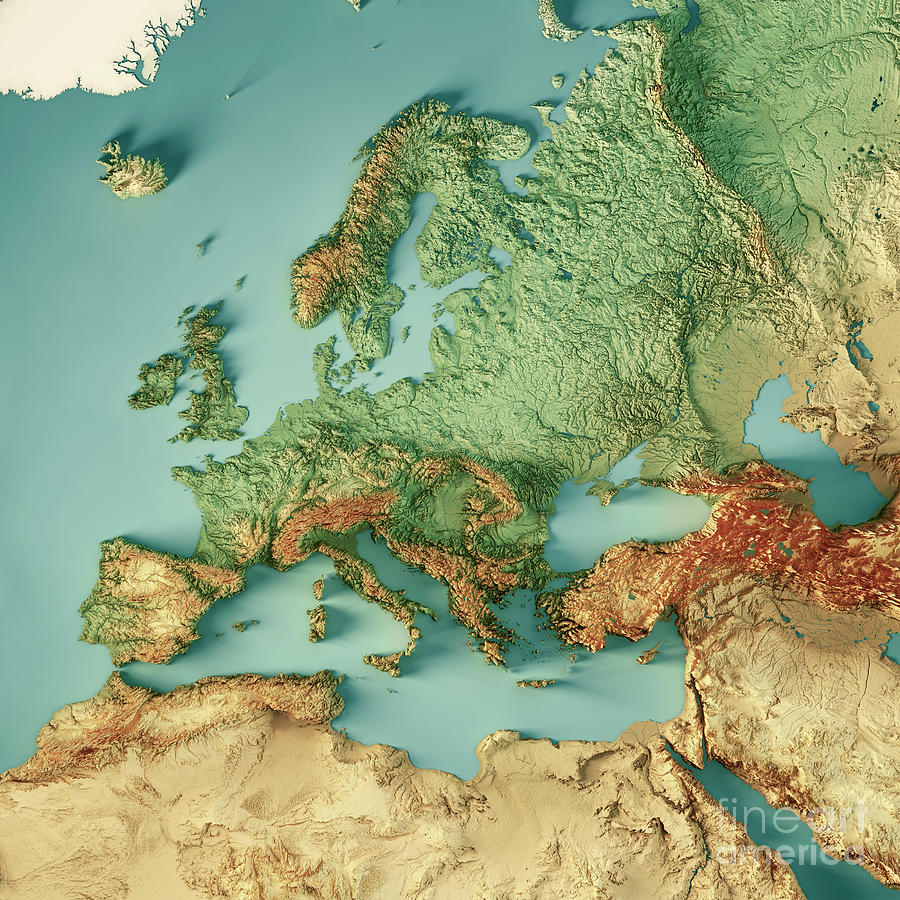…did you just compare almdudler to mountain dew?.. !Austria@feddit.org, schaut doch alle her!
- 3 Posts
- 134 Comments


Thanks for the response! Is it limited to encoding services then, so if I’m only dealing with streaming common media file types (e.g. MKV, MP4) is it still a problem? I’m not dealing with a ridiculous amount of media, so I could outsource the encoding process alone if needed…


I’m specifically looking into this at the moment as I have been gifted a pi 5.
Most websites say avoid trying to host jellyfin on a pi 5 (codec and hardware issues are frequently noted). Do you have experience that shows these are non-issues?
Not sure if /s, but this could be from a time before phones were widely available and getting a doctor meant leaving the victim for a substantial amount of time.
That’s somehow even worse than my original mental image. Great work science!


Obvs there is a darkwebmindvirus from 4chan and we need to give governments open access to all our data, otherwise another ceo might receive a rude text message.


I don’t think it is legally considered a tax, considering the fee is always exchangeable. Many European countries also do not need to list the return cost on the shelf price (but all taxes must be included).
From memory though, there is often a small byline to the price, which states the returnable fee for the bottle/crate etc.
Edit: but that doesn’t change the fact you should be salty about the store not taking the bottles back.


I would really like to join you in being a supporter, but I am not wealthy enough to pay €35 for a single t-shirt. Do they have frequent sales?


It honestly depends on the source of the gas (i.e. cost of extraction and refinement) and transport method (pipeline vs. shipped). It is difficult to average this over a long period of time. You could look at Gazprom’s reported profit margin, but again this is not helpful without context.
Prices I’ve seen are typically quoted in $/mmbtu - it’s a weird unit, but it works for whatever reason.


As far as I understand, the CCP has a central procurement system where it purchases a significant portion of the expected need for a drug in bulk each year. This “forces” the drug companies to offer a much lower price (or lose the sale to a competitor), allowing the medication to be provided cheaper to the people. Similar models exist in most countries with a form of centralised health care. In China however, there have been reports of close to break-even or loss prices for the manufacturers, leading to potential cutting of corners by the manufacturers.
Wouldn’t capatilistic be allowing the companies to sell their drugs for a higher price to end users directly?


Regulations only work in improving the well-being of the single market if the local producers can remain competitive after implementation. There are a small number of regulations in the EU which have damaged local manufacturers without significant improvement in quality of life e.g the medical device regulation. I do not know enough about the ai regulation to understand if it is for for purpose or not however.
Given the “free for all” other countries appear to be giving their AI systems, the EU may look to re-consider the ai regulation’s implementation.


This is not correct. Bluetooth is a radio frequency communication tool. RF is part of the electromagnetic spectrum and does, in fact, "move’ at the speed of light.


We can get back on topic :) Green hydrogen still doesn’t make sense compared to direct use of energy, except in some cases (steel production and long haul flights are normally quoted as these use cases)
Hydrogen requires 40 kWh of electricity to produce 1 kg (equivalent to ~ 29 kWh). So you have lost around 30% just at production. Then you need to compress and cool is significantly to transport, which requires again significant energy and then you need to actually move it which is again energy intensive.
It would be far more efficient to simply use some areas where renewables can be built out in significant proportion and then transport the (e.g.) electricity directly to the exchange via HVDC cables where it is needed. And where hydrogen is still viable, it can be electrolysed closer to the use case.


I never said anything about hating the Saudi’s. I said hydrogen as a general energy source doesn’t make sense at the moment.
The only cheap hydrogen is grey hydrogen which helps nobody at the moment, might as well just import oil/gas instead. “Green” hydrogen is not cost effective, even with solar prices where they are - why not just build a subsea power cable if Saudia Arabia wants to send energy to the EU? It would probably be cheaper and more efficient in the long run.
Your links to household energy prices are dumb - what natural resource do most middle east states have that EU countries (e.g. Germany) do not have in such vast quantities? I’ll give you a hint, it’s used for energy production…
EU prices are currently high because the EU rejected its cheapest source of energy because the supplier turned out to be a cunt.
I don’t know if turning to another autocratic regime will be better for it in the long run, what do you think?


I never stated any positive or negative association in my comment


*noses


Cocaine has also ruined many lives. Both are horrible and some people cannot control their consumption.


I was reading a story recently about an Italian plumber’s brother doing big things with less equipment.
They loading up the nukes to take Greenland too?






Same shit as “natural gas”. Don’t worry, it’s organic certified!